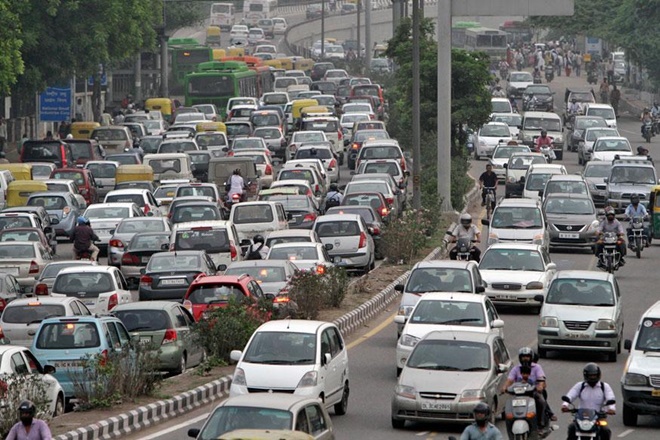The arrival of the scrappage policy was confirmed during Budget 2021, soon followed by an assurance that the details would be shared by 15 February, 2021. Only an outline was shared yesterday.
Earlier this year, Finance Minister Nirmala Sitharaman confirmed the arrival of vehicle scrappage policy while announcing Budget 2021. Her announcement was soon followed by an assurance from Nitin Gadkari, Union Minister of Road Transport and Highways, who had said the vehicle scrappage policy’s details would be shared by 15 February, 2021. Clearly, that didn’t happen; but we suppose better late than never, eh? Anyway, we digress — the point is that India finally has a vehicle scrappage policy of its own — something the country’s automotive industry had been for with bated breath. Why? Well, have you looked at the industry’s state over the past few years? Things hadn’t been looking reat for the sector for a while now, which is why the industry had been urging the government for the polocy. Now that it is finally here — kind of, actually; Gadkari only revealed the outline of the scrappage policy and not the exact details. Nonetheless, we figured we will take a closer look and try to gauge its potential to help the industry.
People who scrap their old vehicles will receive an amount equivalent to four to six per cent of the ex-showroom price of new vehicle along with a scrapping certificate. Automakers have been advised to offer customers a discount of around five per cent against the scrapping certificate in order to boost sales of new vehicles. Interestingly, the discounts against scrapping certificates are merely an advisory and not a mandate, i.e. it will be up to automakers’ to offer discounts at all.
The policy also advises, NOT mandates, state governments to offer rebates and incentives to people who scrap their old vehicles in the form of lowered road tax and waived registration fee against the scrapping certificate.
Personal vehicles will be mandatorily required to undergo fitness tests after 20 years from the date of registration. For commercial vehicles, that age limit is reduced to 15 years. The vehicle fitness tests will be conducted by automatic fitness centres and vehicles failing the test will be qualified as ‘end of life vehicles’. This causes a bit of confusion over the lifecycle of vehicles in India — it was previously 15 years and now seems to have been increased to 20 years — at least according to Gadkari’s outline of the scrappage policy.
The government has also decided to substantially increase the cost of RC renewal in India with the aim to discourage re-registeration of old vehicles.
Mandatory testing of personal vehicles will start from June 2024 in all probability, albeit in a phased manner. Whereas testing for commercial vehicles is expected to begin from April 2023.


